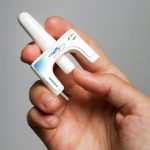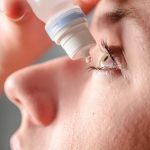
The U.S. Food and Drug Administration on Friday approved the first nonhormonal medication aimed at easing menopause hot flashes. The new pill, called Veozah (fezolinetant), is from a class of drugs called neurokinin 3 (NK3) receptor antagonists. It targets a specific brain neuron that’s thought to be set off balance as estrogen levels naturally decline during menopause. “It works by binding to and blocking the activities of the NK3 receptor, which plays a role in the brain’s regulation of body temperature,” the FDA explained in a news release issued Friday. “Hot flashes as a result of menopause can be a serious physical burden on women and impact their quality of life,” said Dr. Janet Maynard, who directs the Office of Rare Diseases, Pediatrics, Urologic and Reproductive Medicine at the agency’s Center for Drug Evaluation and Research. “The introduction of a new molecule to treat moderate to severe menopausal hot flashes will provide an additional safe and effective treatment option for women,” she said in the news release. According to the FDA, over 80% of menopausal women experience sudden, often debilitating hot flashes lasting several minutes that can be accompanied by sweating, flushing and chills. While estrogen-based hormone replacement therapy has long been used to help ease these symptoms, long-term use has been linked to a heightened risk for breast cancer and stroke. In addition, “some… read on > read on >


















